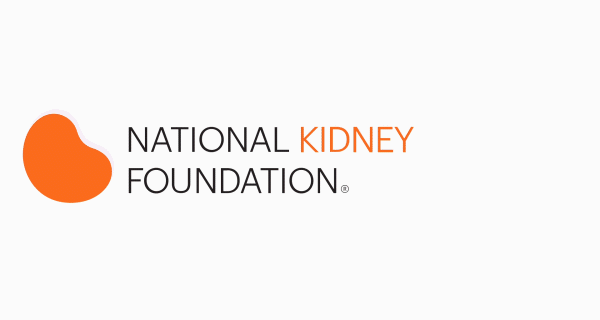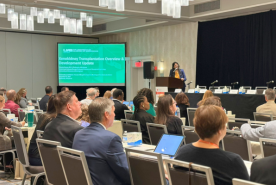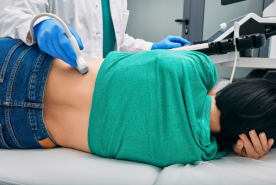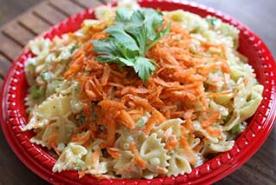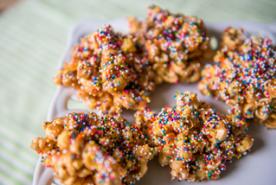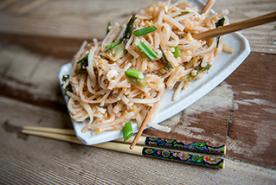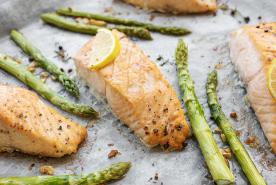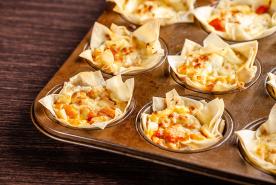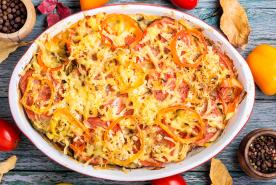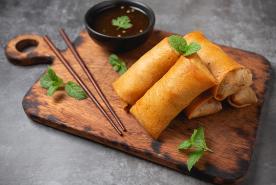April 02, 2020
By Kevin Longino, CEO of National Kidney Foundation and kidney transplant patient
April 2, 2020
With 3 out of 4 Americans under some type of shelter in place, do not travel, or stay at home order, living with kidney disease can be ever-more challenging. This week I’d like to share some of the things we’re working on to make it better including a focus on PPE and staying safe, some policy wins, and suggestions on how doing the simple things can help during this very complicated time.
Personal protective equipment (PPE)
PPE has become part of our common vernacular due to COVID-19 and we’ve all become aware that many of our nation’s healthcare providers, and their patients, do not have the necessary PPE to stay safe. This week, NKF joined with the American Society of Nephrology (ASN) in a joint letter to the Acting Secretary of Homeland Security and the Administrator of the Federal Emergency Management Agency (FEMA) in advocating for a release of any remaining PPE from the Strategic National Stockpile to help all patients, but in particular, those at higher risk: chronic kidney disease patients, patients on dialysis, and transplant recipients. While we recognize that many local businesses and national companies have stepped up to produce PPE, and the federal government has distributed this equipment to many states with critical shortages, it is simply not enough. Without adequate PPE supplies we cannot keep patients, or those who care for them, safe during this national pandemic.
Also related to keeping safe, if you’re a dialysis patient you might experience some changes to your dialysis routine, especially if you’re in an area hard hit with COVID-19. Some dialysis providers are moving shifts so that all the patients who are positive for coronavirus are seen at the end of the day. This helps minimize exposure for uninfected patients and gives the clinics a chance to thoroughly clean their facilities. Some clinics are even creating special facilities just for patients who are positive with coronavirus. These are drastic measures, but they may help minimize the spread of COVID-19 and help keep you safe. If you have any coronavirus symptoms, make sure you tell your care team before arriving to dialysis.
A balancing act
Living with kidney disease is a complicated balancing act. If you’re a dialysis patient, you’re always measuring your fluid intake, balancing out the potassium, sodium, and phosphorus in your food and you, inadvertently, become a dietician without ever wanting to be one. If you’re a transplant patient like me, you need to limit high-calorie foods such as fatty foods, sweets, pastries, and anything high in fat or sugar. Translation, no binging on ice cream for me.
Now add in coronavirus, the urgent need for social distancing and limited trips to the supermarket and it really becomes a challenge. A few weeks ago, we developed a list of shelf-stable foods for kidney patients to have on hand to minimize their risk of going out. And we’ve now developed simple, kidney-healthy recipesusing these shelf-stable foods to make it easier to follow a kidney friendly diet while sheltering in place. You’ll find good-tasting recipes like Fruit Pancakes, Sweet and Sour Chicken, Pea Risotto, Snack Mix, Pineapple Fruit Whip and many more on our COVID-19 resources page: kidney.org/coronavirus. I’m going to try making one this week because if I can cook it, just about anybody can. I’ll let you know how it goes.
A few good wins
As I mentioned in my previous blogs, National Kidney Foundation advocated for kidney transplants to be considered non-elective surgeries so that these life-saving transplants could continue despite COVID-19; and they have been. But we were also advocating that dialysis access procedures for patients with kidney failure using a central venous catheter for hemodialysis also be allowed; and I’m happy to tell you that now those are, too, along with arteriovenous fistula, arteriovenous graft, PD catheter, and intravenous catheter. These important clarifications for what are elective versus non-elective can make the difference in life or death for a kidney patient and we are grateful to the Administration for acknowledging that these are all very necessary.
Social distancing reinforced
We hear it non-stop: use social distancing, it’s critical to stopping the spread of COVID-19, and critical to saving lives. To reinforce this, we decided to use an animation of our logo on social media to help spread the message. It’s a simple thing, social distancing, but one that can yield our country’s greatest results. Help spread the word by sharing this animation on your own social channels.
Popcorn and olive oil
During such a complicated time I am finally starting to appreciate the simple things. I say “finally” because in truth, I rarely stop the frenetic round the clock schedule I keep, but COVID-19 has grounded me. Because of my immunosuppression I don’t go anywhere, no supermarket or pharmacy excursions (everything is delivered), no brief walks in the park with the dog (actually, I don’t own a dog), I’m grounded. But this week, I started to appreciate this more because it left me time to do something simple that I love: cooking popcorn in olive oil and catching up on the movies my wife and I always wanted to watch. I know this sounds simple, but it made a difference to me this week.
I hope you find time to do what makes you appreciate the simple things. As always, if you have questions or need support, please contact our toll free patient information help line by calling (855) NKF-CARES, (1-855-653-2273) or by email nkfcares@kidney.org. And please join our free online discussion forums.
PS: Yes, in case you’re wondering popcorn cooked in a little olive oil is a kidney friendly snack.
